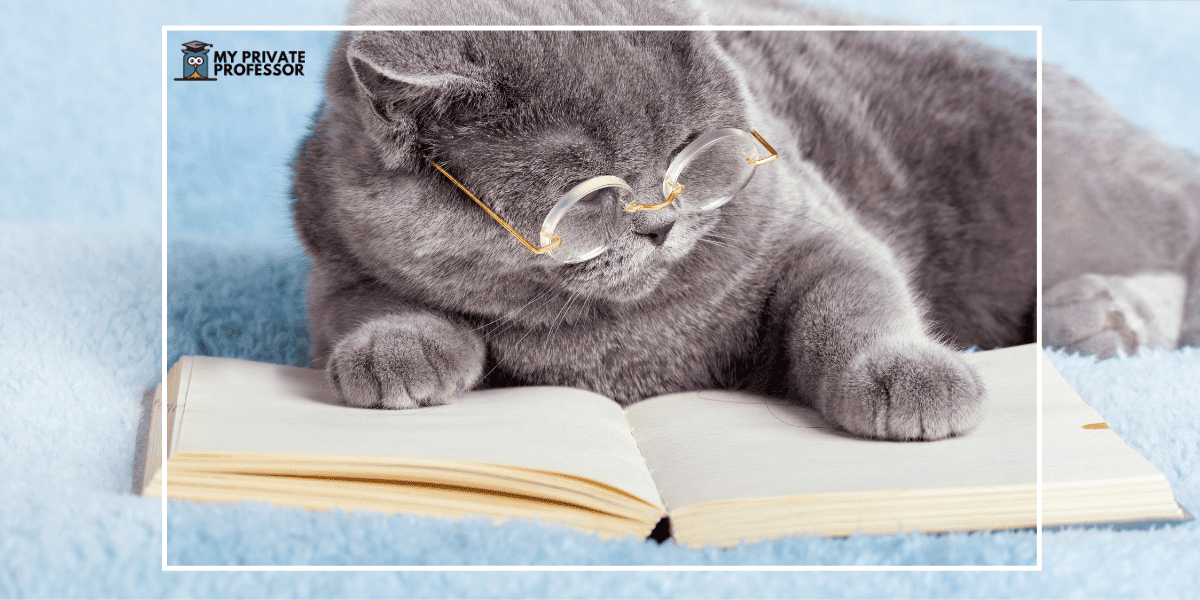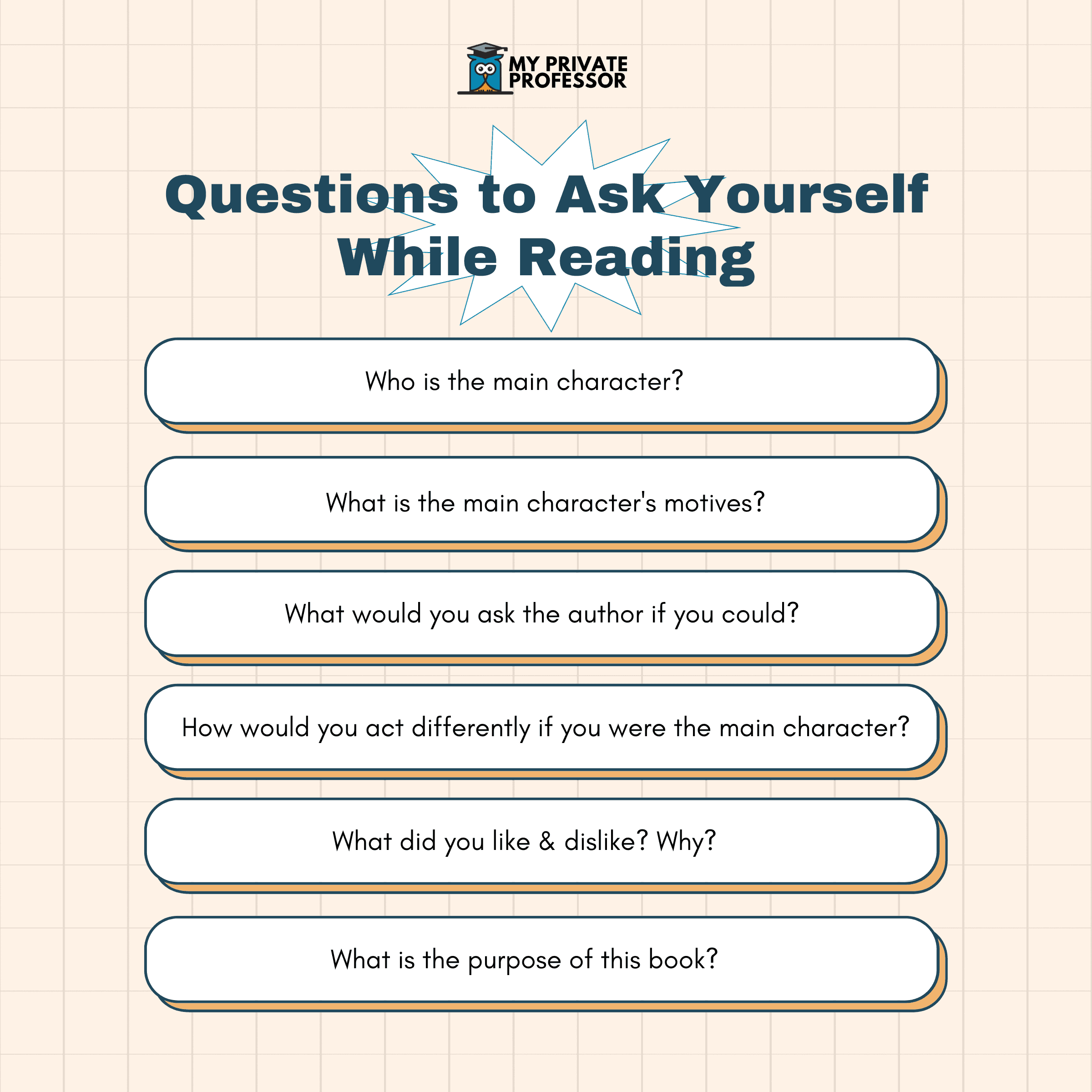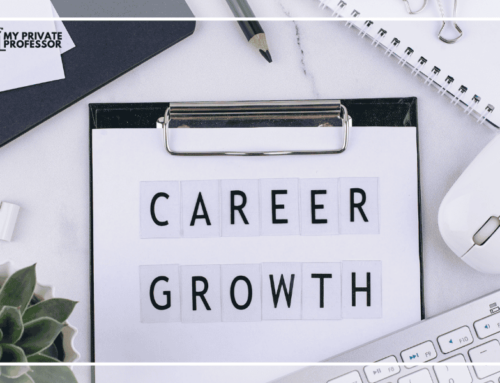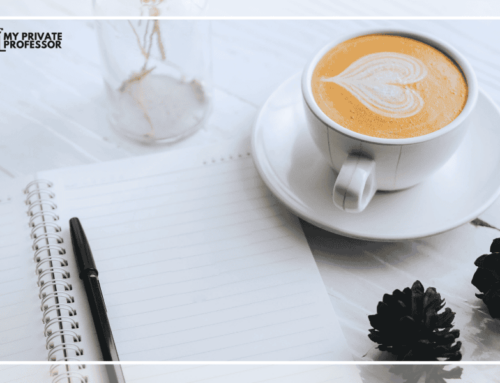Do you ever tell yourself, “I’m going to read more?” Maybe you’ve added it to your goal list, or even made it a New Year’s resolution. But then, life gets in the way, and well, it doesn’t quite happen.
This is pretty common.
Here’s another issue that seems to come up for readers:
Time after time, you find yourself reading one paragraph, or even a page, over and over again, because you just can’t seem to absorb the information.
But in reality, like anything else, if you really want to turn reading into a habit, there are things you can do to get back into the groove.
And more importantly, you should get back into your reading groove, because there are so many ways in which reading is an invaluable tool. But we’ll get more into that later.
First, let’s look at what you can do right now to be a better reader.
Read more critically
Reading critically may sound onerous, but it really can be much more simple than you think. And once you get used
to doing it, it’ll feel natural.
Reading with a critical eye simply refers to reading with your brain just a little more turned on. When you read critically, you actively think about what you’re reading and what the words on the page really mean.
Moreover, the result of reading critically is that, inevitably, you’ll be more engaged with what you’re reading. Because, instead of reading for the sake of finishing a book, you’ll be reading for the sake of finding meaning in and understanding a text.
Here are some strategies to help you develop a more critical eye as you read:
Ask (or write down) key questions about the text as you read.
- What is the author trying to accomplish here?
Take notes (in the margins or on a separate sheet).
- Even jotting down passing thoughts can help you better engage with the text.
- You can take note of whatever crosses your mind, and your notes don’t have to be formal!
Reflect after finishing the book.
- Reflecting right after, instead of just moving onto the next thing you have going on, can help you tie together your thoughts about the book and form a concrete opinion.
The goal here is simply to engross yourself more deeply within the pages of the book. By doing so, you’ll be turning reading into a more stimulating activity and in turn, majorly enhancing your reading experience.
Read books and genre that you enjoy
Sometimes, it seems that we try to really put ourselves up to the challenge of reading the longest, hardest, or “smartest” book. But often, if you don’t actually enjoy the book, you’re not doing yourself any favors by trying to finish it. (And let’s be honest, when do we really finish the books that don’t intrigue us?)
When you’re not taking any pleasure from a particular book, you’re not as likely to retain the information as well as you would if you liked the book. Simply, you’ll be less excited about the book and in turn more likely to succumb to distractions.
So instead of pushing yourself to do something you don’t really want to do just because it sounds good, make a list of books that you truly do want to read. Then dig in!
Start a reading list
There are oh-so-many books out there, and your options might seem endless—great problem to have. That being said, making a reading list (thus narrowing down your options) can be a great solution.
A simple strategy for starting your list is by simply asking around.
Talk to your friends, partner, and family and see if they have any recommendations. You can also look to the many websites that review and recommend books (i.e., Goodreads, Booksloth, and The StoryGraph).
If you have a Kindle (or some other e-reader), you can use your e-bookstore, where you can find book recommendations and reviews for all genres.
But what if you don’t even know what genre to go for? Well, first and foremost, go with your gut. Take a moment to sit with yourself and think about how you’re feeling, and you might just come to realize that you’re in the mood to read a dystopian, 1984-esque book.
But if you’re still stuck, experimenting is the only real way to figure out what genre of books speaks to you.
If you don’t have that much time in your schedule, try out a mix of genres through reading short stories. Or, you can just try reading the first couple of chapters from books of varying genres.
Create a distraction-free zone
This one shouldn’t be too surprising. Time and time again, research continues to show that when you attempt to multitask, you’ll make more errors than if you were to monotask.
You might be thinking, …but how can I make errors while reading? The thing is, reading is more of an active process than we often realize. You’re using various parts of your brain to understand the words, interpret meaning, and connect your own life and perspective to the words on the page.
So when you’re trying to read while watching the latest Love Is Blind episode, you might not fully absorb the contents of an important passage or identify the purpose of a chapter.
Our brains can really only take in so much information at a time. In fact, one study even found that only around three percent of individuals are capable of effectively multitasking in the long run.
So in order to maximize your reading experience, research has concluded that it’s best to put all your focus into one task at a time in order to maximize your focus, productivity, and overall reading experience.
The bottom line is that if you’re chronically multitasking while reading, you’re doing yourself a disservice.
Read each page intentionally
It seems that our world becoming more technologically advanced has come at a very significant cost: our attention span. Collectively, we’ve experienced a decline in attention span, and research has shown that this is, in part, due to our increased use of technology. 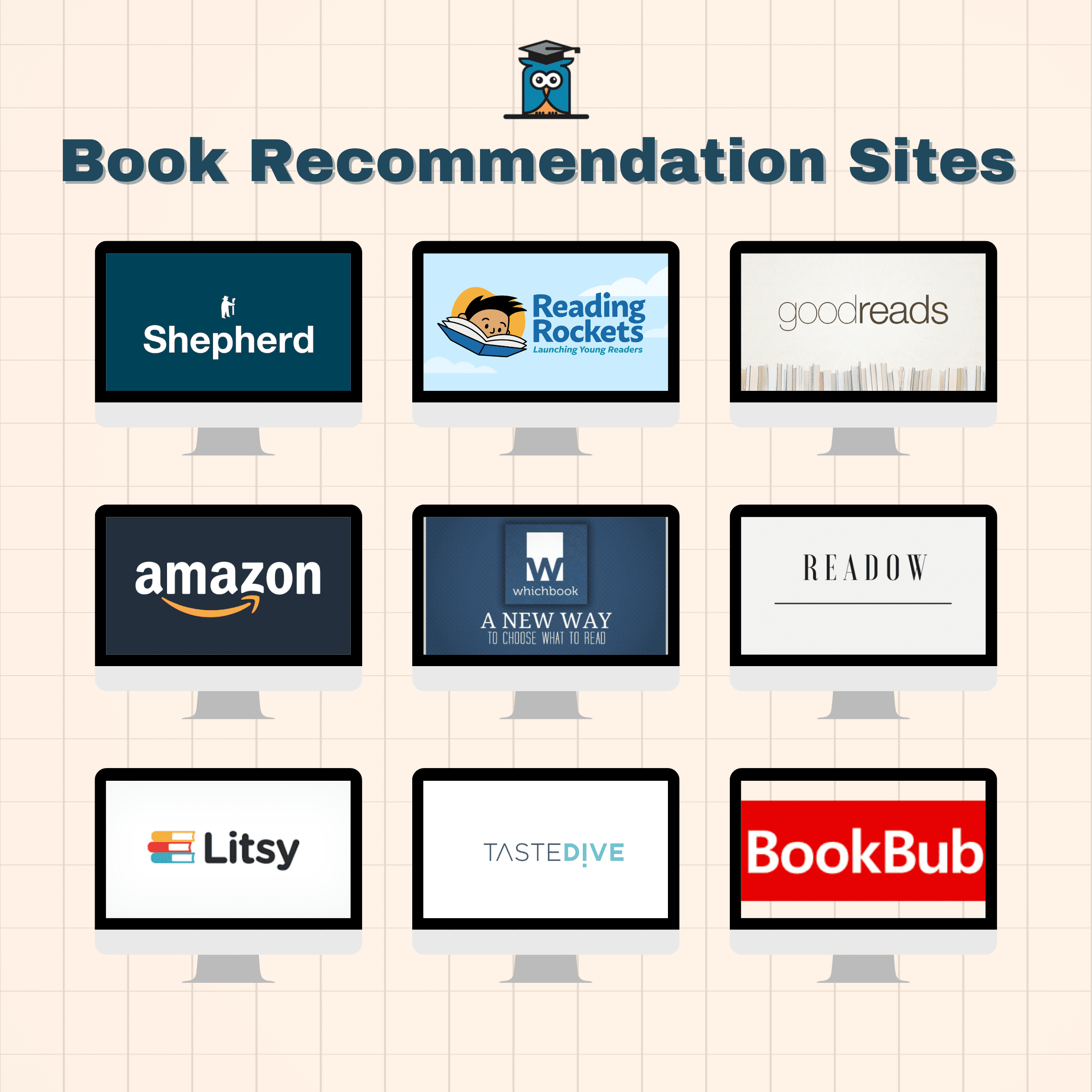
As a result, we’ve kind of normalized skimming as a form of reading. When we skim, we try to extract main points without going in depth. For long, dense academic pieces, this can be okay—particularly if you’re reviewing scientific studies, where often, it’s largely necessary to really just understand the purpose and results.
But if you’re reading for pleasure, skimming isn’t the way to go if you want to maximize your experience.
When skimming, you likely end up trying to read the minimum amount of text (as quickly as possible) required to grasp the main idea.
The harm here is that you will often miss getting into that amazing “flow” state of reading, where time falls away and you truly get lost in the pages.
So how do you do this? By making a conscious effort to SLOW DOWN!
Actively remind yourself that you’re reading for pleasure—and that to maximize your experience, it’s important to let yourself actually enjoy the book rather than having an aim of reading [x] amount in [x] amount of time.
Read when it makes sense
Likely, if you tell yourself that you don’t have time to read, you’ll never have time to read. But more often than not, we’re fooling ourselves.
Consider how much time you spend daily scrolling on your phone, checking your email, doing mindless tasks, and watching TV. I bet, if you really put your mind to it, you could carve out fifteen minutes of your day to devote to reading.
And really, to get started, that’s all you need. For students, experts recommend fifteen to twenty minutes per day in order to see the positive gains in reading achievement.
After accepting that you do actually have the time, the next step is to pick a time that makes sense. What I mean by this, is that it’s important to read when you can do so in a meaningful way. You’re comfortable. You’re relaxed. You don’t have a lot of disruptive distractions around you.
If you constantly try to read when you have just a couple of minutes, you’ll have a difficult time getting into the book. And if you’re always forcing yourself to read in loud, distracting, or uncomfortable spaces, you may begin to associate reading with negative feelings. And also, you’ll again find it difficult to immerse yourself in the book.
In my experience, I’ve found that the best time and place to read is right before bed, in bed. So I make sure to get my whole nighttime routine out of the way before I get settled in bed. I do my skin care, brush my teeth, clean up any clutter, and then I’m good.
What works for you?
Start bringing your books around with you
If you truly feel as though you can’t motivate yourself to read, say, at night before bed (maybe you feel as though you’re doing too many other things at once), you can “trick” yourself into reading more often.
Simply bring around your book wherever you go.
I was once reading a book, and the author explained how he was able to change a bad habit. It’s pretty simple. Essentially, he explained, by forecasting future situations, you can make changes in the present that make it more likely that you’ll achieve your goal.
For instance, if you’re not going to have service (and thus can’t go on social media), bring your book. Then, when you’re sitting there, after a certain amount of quiet time to yourself, you’ll probably be itching to do something. And out comes the book.
And maybe, in the beginning, this only works for those situations when you don’t have service. But if you continue bringing your book around with you, it very well may become a habit. Or, you might just start enjoying your book so much that you wonder, why hadn’t you been doing this all along?!
Try reading with friends
Sometimes, all you need is a little watchdog looking over your shoulder. Deciding to read a book at the same time as your friends can help you hold yourself accountable. And this doesn’t even have to be a formal book club. You can simply read along with some friends and discuss what you’ve read when you can/want.
By knowing that there are people counting on you to contribute to book discussions, you’ll be more inclined to pick up the book and get to it.
Learn about the benefits of reading
Sometimes the best way to start executing a new healthy habit (that you keep meaning to implement, but somehow…) is by learning about, scientifically, how this habit will benefit your life.
In the case of books, there are a few things to know.
Reading and sleep
So many of us chronically struggle with sleep issues, and as a result, constantly seek solutions. In fact, around fifty to seventy million Americans have sleep disorders.
If this is you, you know all about how a bad night’s sleep can ruin what was going to be a productive day. And how, conversely, a great night’s sleep can be a literal gift sent from above.
Some research has found that reading can improve your sleep, and this may be, largely, due to the way in which reading may lower stress levels. And the fact of the matter is that stress and sleep are, to some level, interconnected.
Research has shown that stress can negatively impact sleep quality, and we can only assume that the relationship goes both ways. That is, sleep deprivation is linked to higher levels of stress.
A 2021 study found that reading a book in bed before sleep improved sleep quality compared to not reading before bed.
So if you’re finding that you regularly face difficulties getting to sleep, try adding some reading to your pre-bed routine.
Reading and empathy
When thinking about improving your relationships and interactions, there’s one ingredient that’s always a key player: empathy.
And in a pretty cool way, reading (fiction) is largely related to empathy. When you read, something happens in your brain to make you feel like you’re right there in the fictional world. As a result, you start to think from the characters’ perspectives, imagining what you would do in their situation, and thinking about your real life. 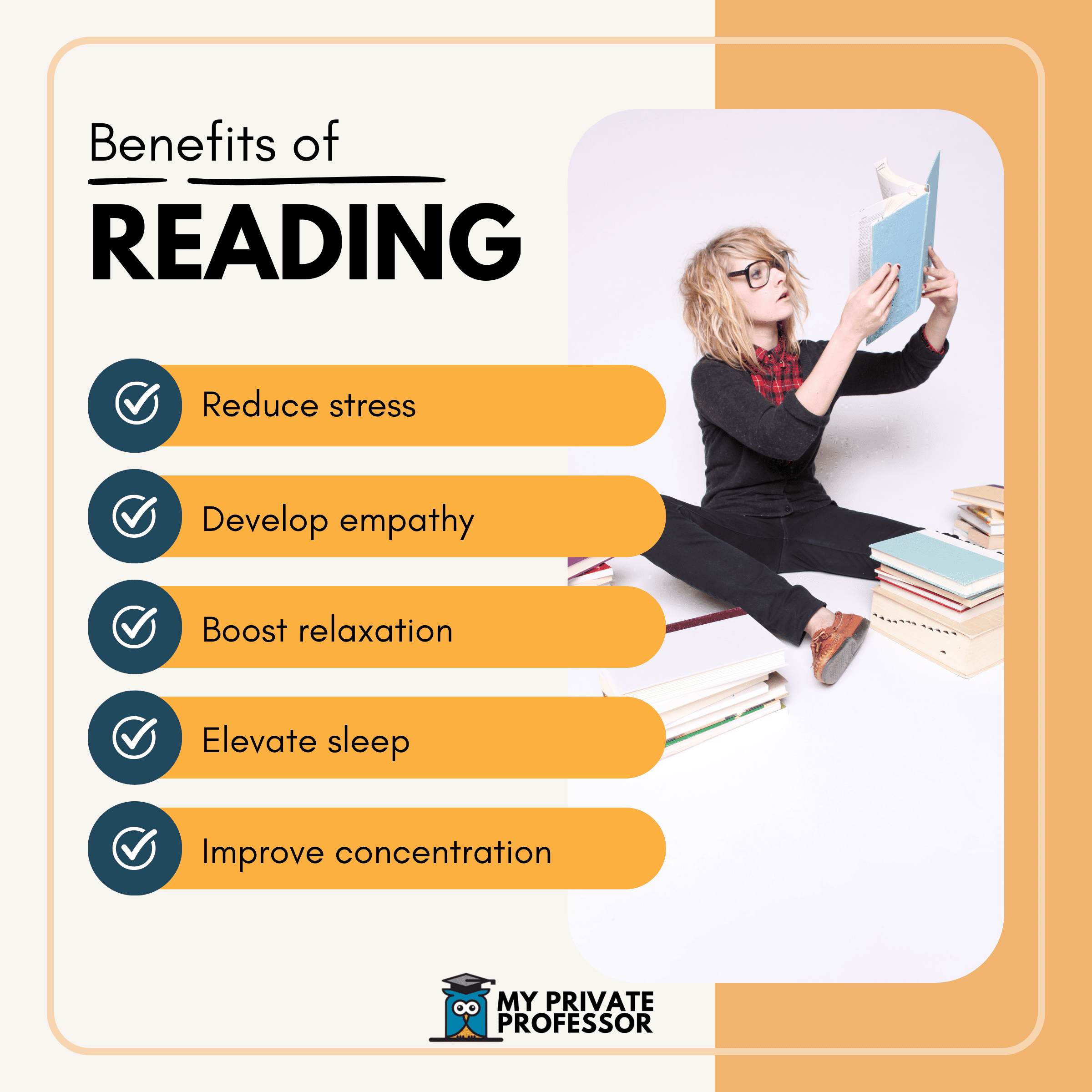
And research shows that the cognitive processes that occur while you read can actually make you feel like you’re in a simulation. This phenomenon, where your brain leads you to feel as though you’re physically doing something that you’re not, is called embodied cognition.
In addition, reading inevitably leads you to be more exposed to myriad perspectives, ideas, and beliefs.
So basically, when you’re reading, even though you’re not having an actual conversation, you’re interacting and engaging with characters. And you’re learning about their lives and personas.
The result is that you practice your social-emotional skills, and hone in that empathy. In fact, research has found that indeed, reading is linked to increased levels of empathy.
Reading and concentration
As I mentioned, technological advances have led to a decrease in our ability to focus for long periods of time. But as you may know, the brain is extremely elastic. And essentially, you can train it to increase its capacity for concentration.
When you read, you’re obligated to focus your attention on the characters and plot line. This ultimately makes reading a great tool for improving your focus.
And indeed, research confirms that reading more is linked to improved concentration.
Reading and stress
As mentioned, reading can decrease your stress levels. But how?
Importantly, reading can help you take your mind off of a stressor that’s spurring you to ruminate. As research finds, stress is linked to an increase in rumination. This can be a seemingly endless thought cycle where you get stuck on the negative and can’t pull yourself away.
When ruminating, the best solution is often to just do something. Like, anything that can even slightly take your mind in a different direction.
In addition, reading, as research shows, can combat the physiological effects of stress. That is, reading can help you physically relax, and relaxation is linked to lower levels of stress.
One study found that after a group of adults participated in a stressful task and then read for an hour, they experienced significant decreases in anxiety, heart rate, and blood pressure.
With less stress, you’ll be more focused at work, more present with your friends and family, and more open to trying new things. To put it simply, better managing your stress improves your quality of life.
Final thoughts
Reading is truly a blessing, in addition to being a valuable tool for growth.
Reading can help us move far away without leaving the comfort of home. Essentially, it allows us to escape the stresses of daily life. Meanwhile, reading can help us grow intellectually and in our careers.
So next time you’re wondering whether it’s worth it to hone your reading skills, think about all the yummy benefits you reap when you read.
Getting back into it is often the hardest part of getting back to your reading regimen. But like Dolly Parton once said, “…if you want the rainbow, you gotta put up with the rain.”


